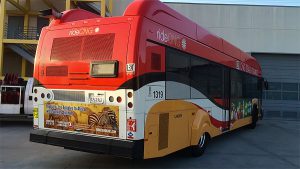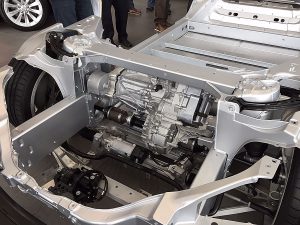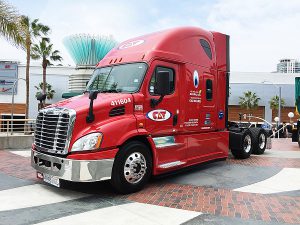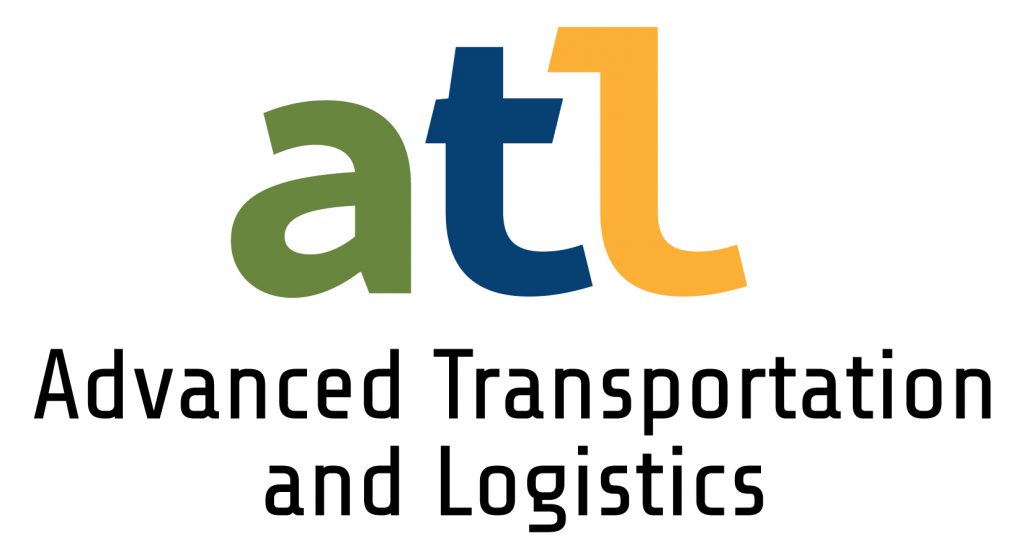 Transitioning to Low-Carbon Fuels and Zero- and Near Zero- Emission Transportation
Transitioning to Low-Carbon Fuels and Zero- and Near Zero- Emission Transportation
California is transitioning to low-carbon fuels and zero- and near zero- emission transportation in order to meet its ambitious climate change goals and federal air quality standards. Establishing a well-trained workforce to develop, deploy, and guide this transition is critical. To help fill this need, community colleges across the state are training students for work in the alternative fuels industry.
Stable, High-Paying Jobs
The automotive field, particularly hybrid and alternative fuel vehicles, provides stable, high-paying jobs to students from a variety of backgrounds. College programs offer students hands-on experience on up-to-date repair and diagnostic equipment that is currently used in the automotive field today.
Entry-Level Employment
Students are prepared for entry level employment with companies that require training in areas such as: electrical systems, regenerative braking systems, electric steering and electric suspension systems, high-voltage air conditioning systems, and autonomous system service and repair.
Computer usage and network communication diagnosis skills have become critical to quickly and accurately diagnose newer automobiles, hybrid and alternative fueled vehicles, and heavy diesel trucks. Classes also provide skills in auto mechanical general service or students can specialize in a service such as drive train, electric/hybrid systems, and engine performance. Hands-on training allows plenty of lab time to develop the skills needed to be successful in the desired emphasis of study.
A utomotive Internships
utomotive Internships
Several colleges offer automotive internships at local dealerships. Through these partnerships students gain experience, a deeper understanding of what an automotive service technician career entails, and possible career opportunities after graduation.




